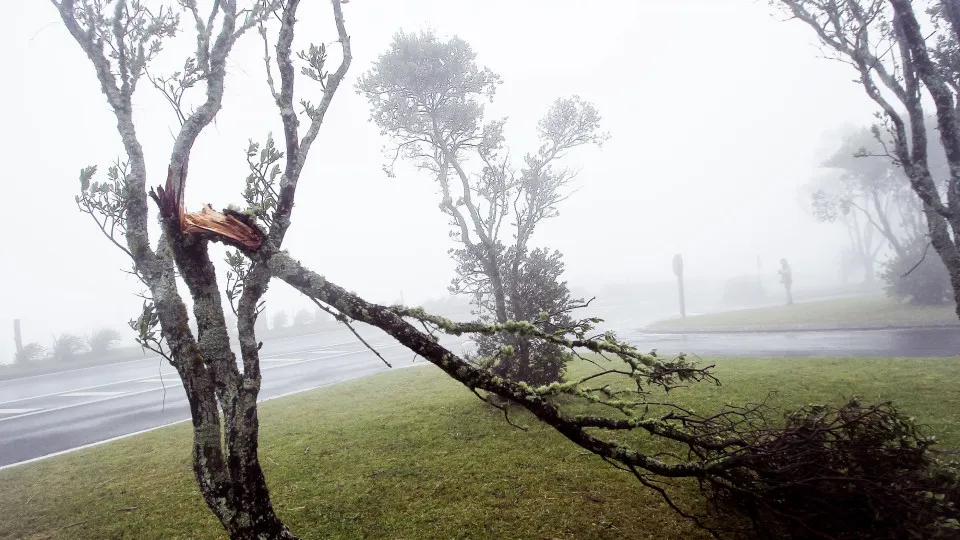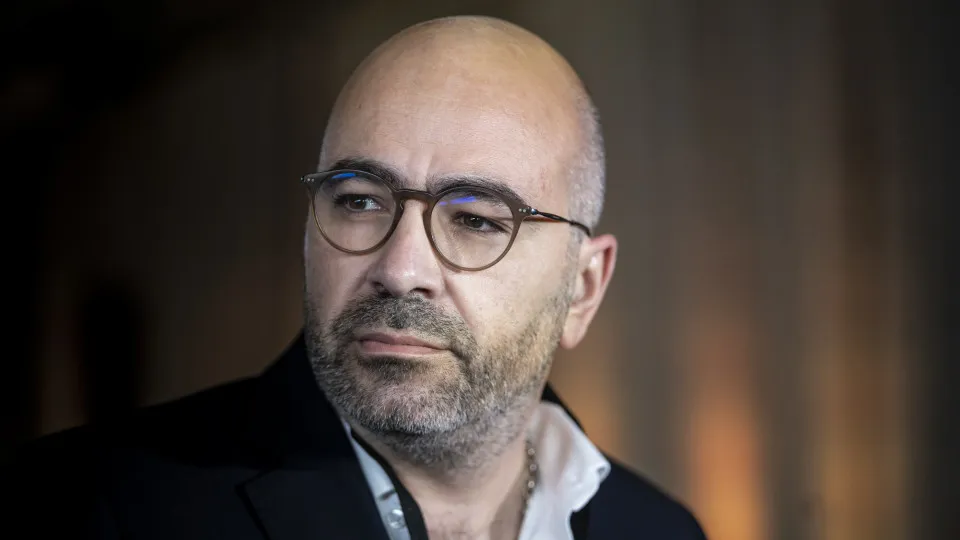In 2022, three women embarked on a mission to raise awareness about plastic pollution by crossing the Atlantic Ocean in a 50-year-old wooden catamaran named Mara Noka. This “soul boat,” as they dubbed it, took them on a 30-day transatlantic journey from Beaufort, North Carolina, to Flores Island in the Azores.
For a month, Kiana Weltzien, Lærke Heilmann, and Alizé Jireh faced a myriad of challenges, from atmospheric storms to emotional turbulence. Undeterred, their aim was to study the plastic-filled Gulf Stream, emphasize ocean conservation, and inspire others, especially women, to embark on their own “radical” sustainability journeys. They succeeded, culminating in the ‘Women and the Wind’ project. The documentary of the same name, released this year, has enjoyed global success.
In an email conversation with Notícias ao Minuto, the sailors, who now live in Brazil, the Canary Islands, and the United States, shared insights about how they met, their ocean encounters, and docking in Portugal after their thrilling 30-day voyage.
They spoke of “courage,” solitude, adventure, fear, waste, and reflections on human existence. Their project, ‘Women and The Wind,’ boasts 243,000 followers on Instagram, where they continue to share journey moments. A documentary teaser is available on YouTube, and the film is being showcased worldwide.
Kiana, a seasoned captain, met Laerke, a Danish designer and environmentalist, in the Canary Islands in 2020. Laerke’s desire to sail coincided with Kiana’s longing to share her voyages for a greater cause, prompting a dream of uniting adventure with environmental impact. Around that time, Kiana met French filmmaker Alizé via Instagram, inviting her three months before departure to join the crossing. Kiana’s first Atlantic crossing in 2019, marred by plastic pollution, inspired this narrative aimed at spurring action.
The Mara Noka, a 1971 Wharram Narai MK1 catamaran based on Polynesian canoes, symbolizes their values: courage, simplicity, autonomy, and a connection to the sea.
The documentary, filmed entirely by Alizé amid intense experiences on the voyage, launched in April 2025. Supported by crowdfunding and a collaborative effort, it has been showcased in cinemas and festivals globally.
Departing Beaufort, North Carolina, on June 27, 2022, they sailed nonstop across the North Atlantic, arriving in the Azores 30 days later. Flores Island, described by Laerke as a sailor’s dreamland, provided respite and fulfillment.
Following the crossing, Kiana sailed solo to the Canary Islands, where Laerke rejoined for the voyage to Cape Verde, transporting 15 donated surfboards. From Santiago, Kiana sailed alone for 43 days to Ilhabela, Brazil, and now resides in Paraty, RJ.
Their journey traversed the North Atlantic Gyre, a major plastic accumulation zone. Unlike the Pacific’s “islands,” Atlantic plastics fragment into microplastics, affecting the entire water column. This firsthand experience reinforced their resolve, leading to the founding of the ‘Women & the Wind Foundation’ to support women-led projects melding adventure with urgent environmental causes.
Living close quarters on board required navigating interpersonal dynamics, resolved through dialogue and respect. The experience honed their group-living skills, especially among women of diverse paths and personalities, fostering bonds and camaraderie.
Days at sea prompted introspection, as the ocean offers no distractions. Isolation led to deep reflection, solitude, and presence, transforming thoughts and worldviews.
The trip’s challenges included maintaining spirit amidst fatigue, confronting unknown fears, handling unpredictability, and perseverance despite setbacks. Emotionally, sustaining purpose, team cohesion, and faith in their path proved pivotal.
The documentary conveys that significant achievements are possible with limited resources if backed by courage, purpose, and community. It champions women’s leadership in radical adventures, portraying the ocean as a place for listening, transformation, and impact, demonstrating that impactful projects can thrive outside traditional pathways.




